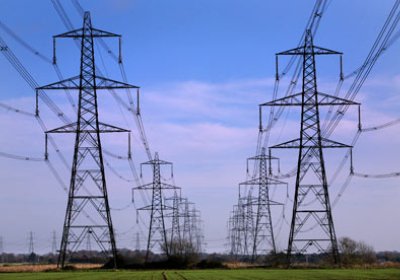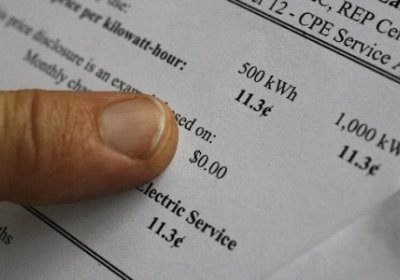Protesters gathered on the steps of the Japanese consulate to call on the Japanese government to stop funding fossil fuels. Gabriel Di Falco reports.
energy
As long as we treat the climate crisis as just another political issue and not the emergency it is, the more time we lose, argues Greta Thunberg.
The Texas electricity grid breakdown, and the confluence of disastrous consequences, is a window into a climate-change future, writes Rupen Savoulian.
A report commissioned by the Victorian branch of the Electrical Trades Union (ETU) shows that energy sector privatisation in Australia has been "a dismal failure", which has produced "no benefits" for consumers, but has resulted in "large fiscal losses" for taxpayers.
Economist John Quiggin, from the University of Queensland, reviewed energy sector privatisation and the related process of electricity market reform between the early 1990s and now, and found no long-term benefits for either governments or consumers.
Australia’s central bank, the Reserve Bank of Australia, gets its powers from the Reserve Bank Act (1959). Its two primary functions are to ensure the stability of the currency and the provision of full employment.
Besides managing Australia’s gold and foreign exchange reserves, it supposedly meets these objectives by setting the cash rate to meet an agreed medium term inflation rate, which is now set at a target band of 2% to 3%.




